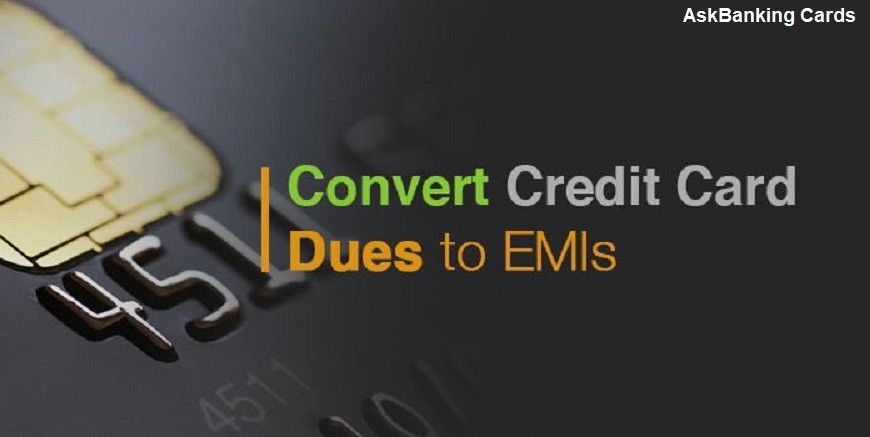Credit Card EMI, know the process, interest calculation and complete details – Many people have lost their jobs due to Corona virus, while the salary of many people has been cut. Due to this people are facing economic crisis. In such a situation, credit card users are having difficulty in paying the credit card bill. If you have the same problem and you want to pay the credit card bill in EMI (installments), then you have to pay additional interest for it. Which will add extra on your pocket. We are explaining, you whether it will be right to do so?
How does the Credit Card EMI option work?
If you are unable to fill your credit card bill simultaneously, you can convert it to EMI. On doing this, the credit card bill will be charged in small installments every month. The amount of the bill is converted into EMI, usually the banks temporarily reduce that card limit, which gradually increases with the payment of EMI. Usually banks give 3 months to 2 years for repayment.
Your Credit limit will be reduced
If your credit card limit is Rs 50,000 and you buy any item worth Rs 40,000, and choose to pay it with EMI, then your credit limit will be reduced to Rs 10,000. But as you pay the installments your credit limit will be increased.
Credit Card EMI charges?
There are many types of charges that have to be paid to pay a credit card bill through EMI. You are charged extra interest if you choose to pay the bill in installments. The interest rate is usually linked to the term of the loan. The longer the period, the longer the interest.
Credit Card EMI Processing fee
Many banks do not charge any processing fees. While many banks charge processing fees ranging from 1 to 3 per cent of the loan amount.
Prepayment charge on Credit Cards EMI
Banks may charge a prepayment charge for loan payments made before the EMI period. Therefore, any such charge should be looked into beforehand. Where necessary, GST is applicable at the rate of 18% on all charges and fees.
Credit Card EMI Calculation
If you choose the EMI option, you will have to pay additional interest for it. For example, if you choose a period of three months, the bank will ask you to pay average of 20% interest rate, it may depend on bank to bank. But, if you choose a period of one year, this rate can be 15 per cent. Let’s say the amount of your credit card bill is 10 thousand. If you choose a repair option of 3 months (90 days), then the total interest will be Rs 493.15 [10,000 x (20% / 365) x 90].
At the same time, on choosing a period of 12 months, the interest Typically, 1,500 rupees [10,000 x (15% / 365) x 365] has to be paid.
Also Read – Credit Cards EMI is Now ‘Lifeline’ for Indians
Whether you should go with Credit Card EMI ?
Credit cards EMI are not advisable unless it is No Cost EMI. Choose this option only if you are unable to pay the full credit card bill due to the scarcity of money. Only in emergency should you think of an option to convert credit card bills to EMI. Go with EMI option only if your source of income is regular and confident that you will pay in time.
What happens if the bill is not paid?
The bank finance charge of up to 40% for not paying the credit card bill on time. Late payment fees up to Rs 1000 are levied separately for non-payment of minimum due amount. This can have a very bad effect on your credit score with rating agencies like CIBIL etc. Therefore, if possible, you must pay the minimum due amount.
